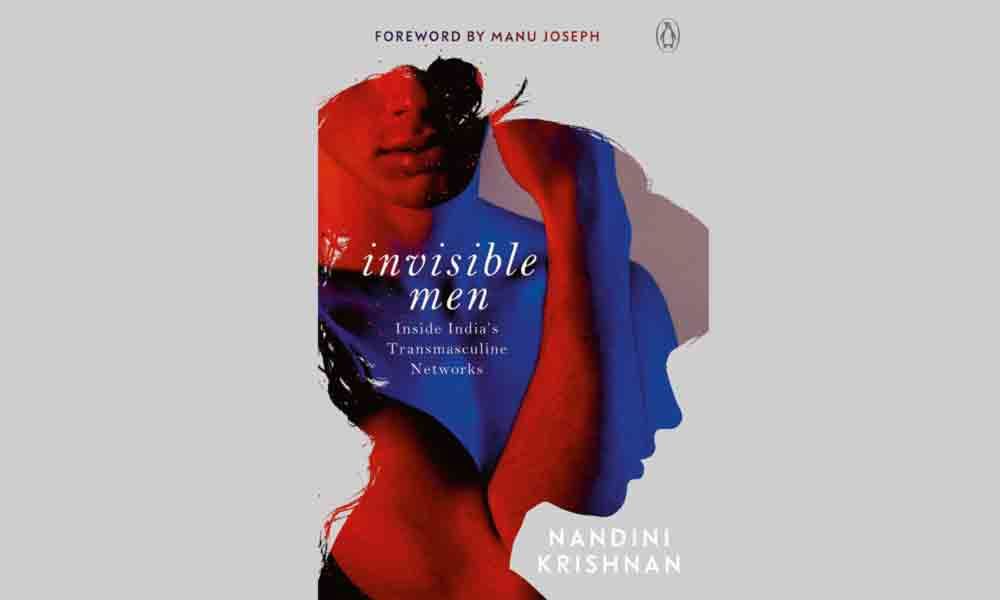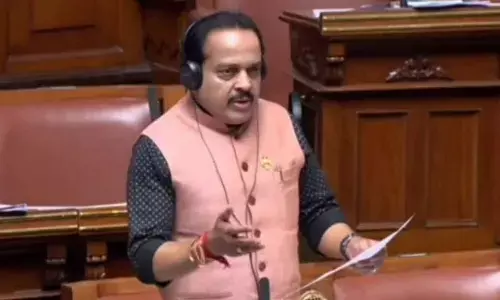Of gender fluidity, case studies & prejudices
Krishnan is ill-informed and disorganised in her thought process. The book feels like a dissertation more than anything else...
The book is called 'Invisible Men - Inside India's Transmasculine Networks'. The first thing that beseeches a negative response is the foreword by Manu Joseph that starts with the statement, 'Fluid Has Direction', which is essentially a contradiction to the term gender-fluid. The foreword and the book seem to be talking about two entirely different things.
The blurb is a further contrast to the foreword and surprisingly, also to the book.
"Nandini Krishnan asks the question, what does manhood really mean?" This question, unfortunately, is answered only through conclusions that Krishnan draws from partial knowledge and through vivisection of the lives of people she has interviewed. Naturally, identifying as a cis person gives you a certain privilege and she uses hers to the maximum extent.
The entirety of the book feels like a never-ending article from a newspaper or a magazine. Saying it takes a completely journalistic approach would be insulting the profession. One of the major issues is the narration that is messy and goes back and forth with a nonlinear idiosyncrasy, making it close to impossible to follow a particular line of thought.
Additionally, the narrative complicates itself by elucidating in detail, about a tangential thought or sometimes, by taking a whole new perspective on a case study with no preamble, whatsoever. This book has had a lot of controversial response over the last year and it's clear as to why. As much as one can appreciate the impersonal perspective from which the book is mostly written, it fails to justify the aim with which it was written.
The cherry on top of the cake has to be the point where she brings religion into the issue. She unabashedly connects the dots using religion and Vedic translations to bolster her own values and principles on what masculinity and femininity are and what it should be.
Sure, this does a good job of documenting the lives of the trans-community while also showcases on how cis people are, otherwise entitled. For someone that wants to study an issue and not read about an individual's struggle in life, this book has abundant material. Stories on personal accounts such as the ones included in the book need a touch of humanity in them. What remains a mystery is if the book is supposed to be a documentation of social stigma or if it is more. It seems like a thesis defence where all the research goes into proving a point. The book disrespects these individuals by treating them as experimental evidence just to supplement a notion that Krishnan believes in.
It is painstaking to categorise this book into particular genres because it doesn't stick to any of them. It's a messy dump of thoughts that are nescient and prejudiced which is primarily, a counter-argument to the said objective of the book. A misguided attempt that unethically exploited the trust placed in the author, a terrible violation of privacy, this book is solid proof of why there is a whole community of people that struggle for basic human rights to this day.

















